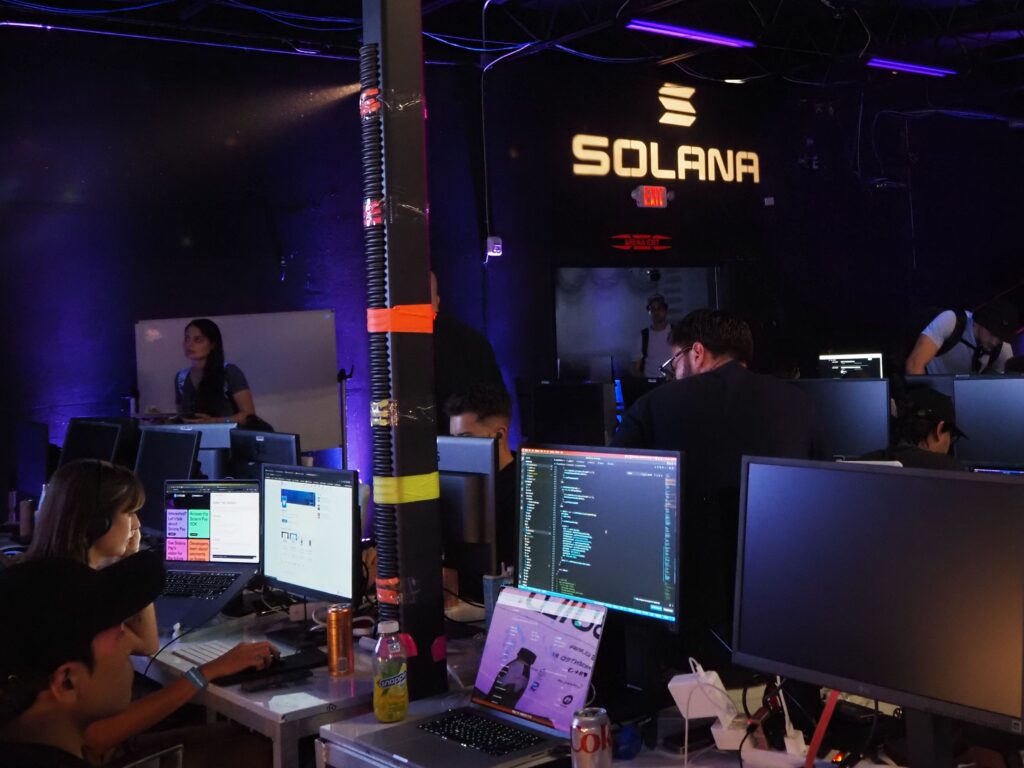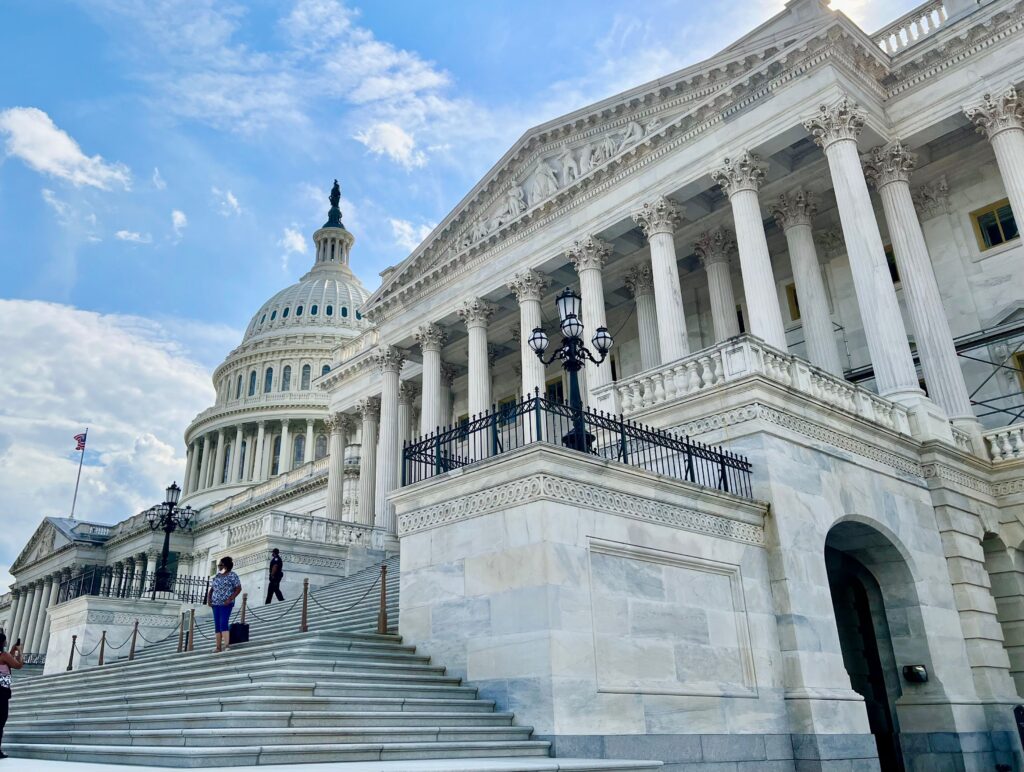Solana’s Staking Rewards Remain Unchanged
In a surprising turn of events, Solana’s high staking rewards will continue to inflate the SOL cryptocurrency for the foreseeable future. An ambitious proposal aimed at reforming the network’s inflationary mechanics, known as SIMD-0228, failed to secure the necessary supermajority during a critical voting session on Thursday.
The proposed reform intended to replace Solana’s existing static inflation system with a dynamic market-based approach, which would have significantly reduced the annual staking rewards from the current 4.7% to 1% or even lower. This outcome was a setback for influential figures within the Solana community who argued that the current high rewards negatively impact the price of SOL.
A Clash Between Stakeholders
The voting process highlighted a stark divide between major stakeholders—such as influential leaders and investors—who advocated for the reform, and smaller operators who feared substantial revenue losses. As the voting deadline approached, the opposition rallied, with late ballots from validators overwhelmingly rejecting the proposal. The final tally marked the first significant attempt to curtail Solana’s historically high staking emissions rate.
Solana is recognized as one of the most valuable programmable blockchains by market capitalization, providing substantial token rewards to its validators, who perform the necessary computations for the proof-of-stake consensus mechanism.
A Voting Process Filled with Drama
The week leading up to the vote resembled a political spectacle, complete with heated debates, social media controversies, and even validators putting their votes up for sale. This unprecedented engagement culminated in an exceptionally high turnout, revealing the deep rift between large and small validators within the ecosystem.
In total, over 66% of Solana’s 1,300 validators participated in the vote, wielding an impressive 75% of the network’s voting power—a remarkable feat considering participation in a decentralized system is voluntary. Notably, over 60% of validators with stakes of 500,000 SOL or less voted against SIMD-0228, while 60% of those holding more than 500,000 SOL supported the proposal.
Concerns Among Smaller Validators
Small validators expressed strong concerns about the potential consequences of the proposed reforms. The significant voting disparity indicated that fears of economic repercussions struck a chord among less wealthy validators.
Jonny, an operator from the Solana Compass validator, noted that validators are typically called to vote during major economic shifts, and this was only the third such vote recorded by StakingFacilities.com. The unprecedented level of engagement during this vote underscored the importance of the issue at hand.
The Debate Over Inflation
Proponents of SIMD-0228 argued that reducing the inflation rate would ultimately benefit SOL’s price. Their rationale was simple: fewer tokens in circulation would lead to reduced selling pressure and less token distribution to tax collectors. The proposed shift would replace the static 4.7% emissions with a more adaptable system, allowing for adjustments based on staking trends.
Conversely, opponents labeled the proposal as reckless and poorly timed. Critics voiced suspicions that influential investment firms, such as Multicoin Capital—co-authors of the proposal—had crafted the reform to serve their interests. Others raised alarms that the changes could disrupt Solana’s decentralized finance (DeFi) ecosystem and deter institutional investors attracted by the network’s current yield.
Some critics even warned that the proposal could undermine the decentralization of Solana by forcing numerous small validators offline. However, this assessment was met with skepticism by others in the community.
Moving Forward
For Solana validators, income is closely tied to the amount of SOL they stake, whether from personal holdings or delegated tokens. Smaller validators stand to lose more from changes to emissions compared to larger operators.
“Many believe that SIMD-0228 is not the ideal solution for Solana’s inflation problem,” stated SolBlaze, a validator operator. “Such significant economic changes require more time for thorough discussion, data analysis, and feedback from various sectors of the ecosystem.”
Despite the setback, reform advocates are not backing down. Max Resnick, an economic researcher at Anza Labs and co-author of the proposal, expressed optimism about finding common ground. “We are going to engage with the opposition to find a compromise,” he affirmed.



